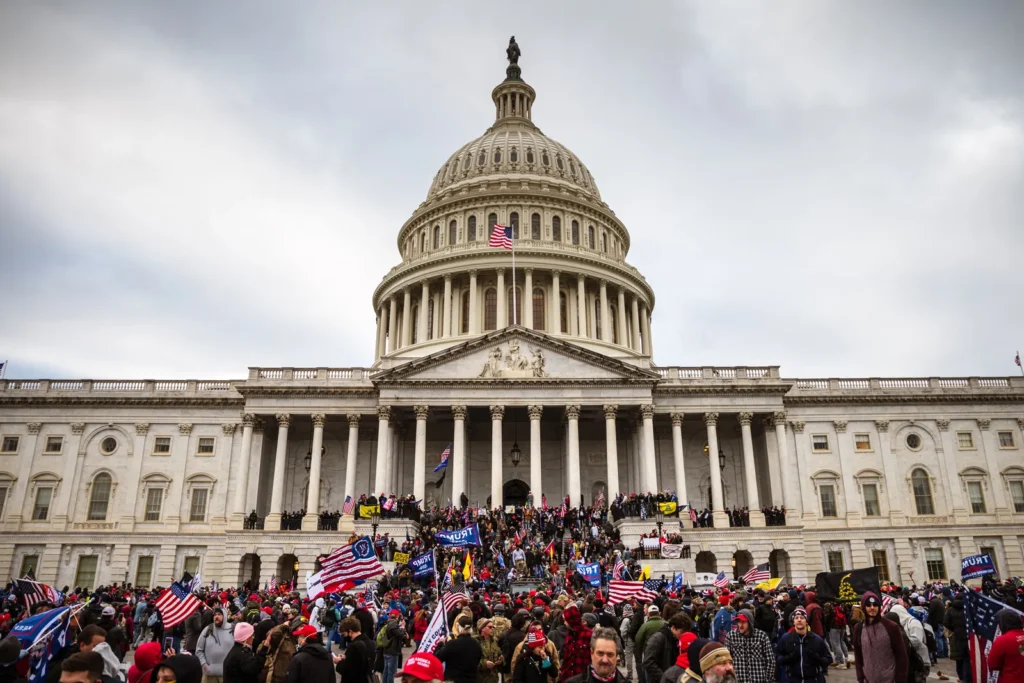The Supreme Court of the United States (SCOTUS) overturned the Department of Justice’s (DOJ) use of 1512(c)(2), a statute related to obstruction of official proceedings (J6), in cases related to the events of January 6.
The ruling marks a major victory for these political prisoners and is seen as a major setback for the Biden administration.
This decision demonstrates that the Justice Department unlawfully prosecuted more than 350 Americans for their participation in events on January 6, a blatant abuse of the law aimed at punishing those protesting Biden’s election and criminalizing political dissent.
The U.S. Department of Justice and U.S. Attorney Matthew Graves are prosecuting Donald Trump on four counts of protesting the 2020 presidential election. Two of the four counts allege conspiracy to do so in violation of 18 USC 1512(c)(2) and (k). Without those two clear-cut charges, special counsel Jack Smith’s case against Trump could collapse in a sea of ambiguity because the other two counts are vague.
Hundreds of defendants have entered into plea deals due to serious threats from 18 USC 1512 charges. 1512, a felony, was added as retaliation for a defendant who violated 18 USC 1512.
Judge Carl Nichols dismissed the 18 USC 1512(c)(2) complaint filed on January 6 against three defendants—Jake Lang, Garrett Miller, and Joseph Fischer—on the grounds that the alleged conduct exceeded the statute’s jurisdiction. The statute was passed as an obstruction of justice through tampering with evidence. It has never been used in this way before. Prosecutors are literally “legislating in the grand jury room,” inventing crimes that don’t exist, as if they were Congress.
Here’s the thing: The Justice Department has never used the statute before at demonstrations, even those that turned into skirmishes, violence, riots, arson, assaults, deaths or worse. Before and during Donald Trump’s inauguration in 2017, Washington, D.C., was besieged by arson and riots. If the Department of Justice has never believed before that 18 USC 1512 covers demonstrations, why is the Supreme Court taking a different view today?
Now, the Court has held that to prove a violation, the government must prove that the defendant compromised the availability or integrity of a record, document, object, or other item used in an official proceeding, or attempted to do so.

